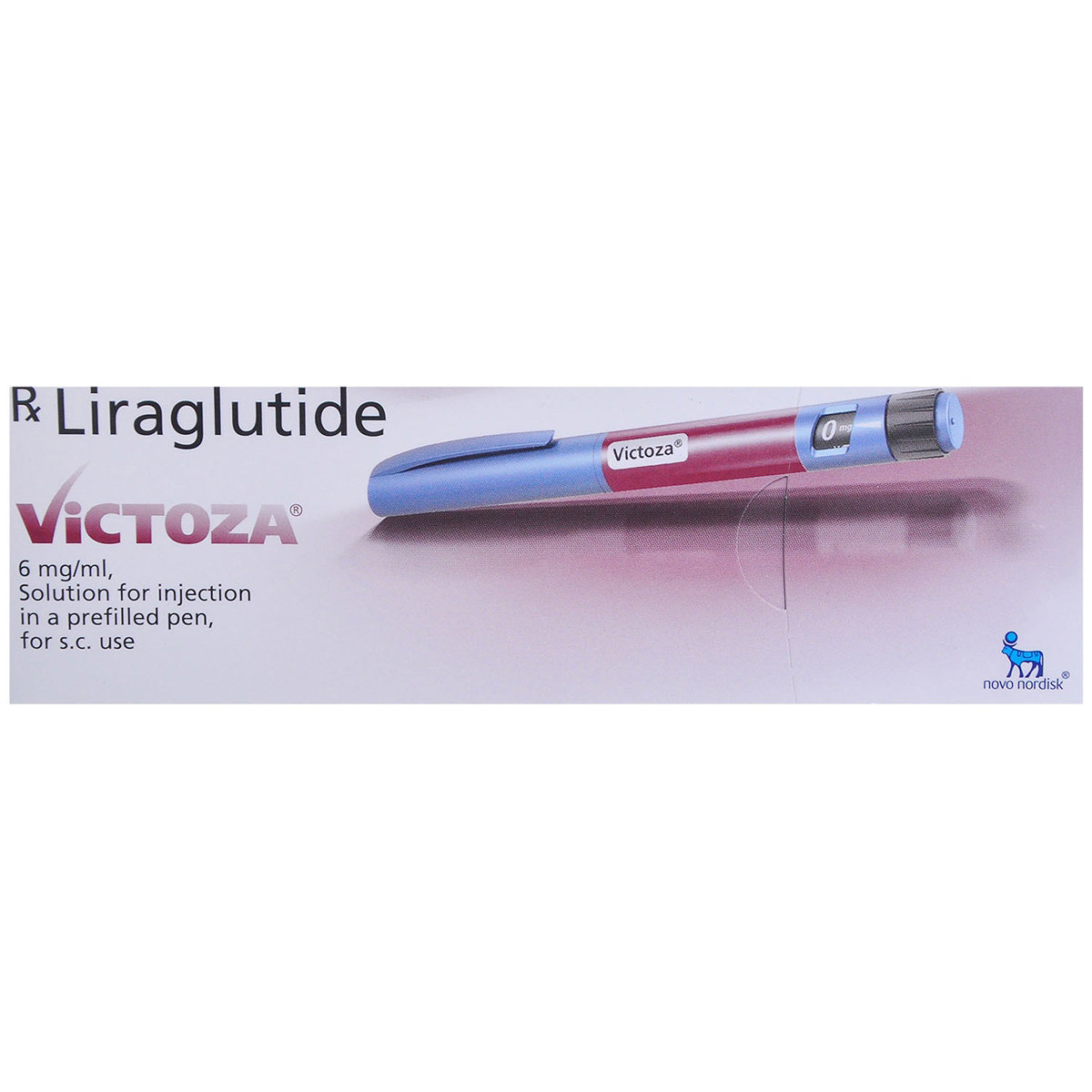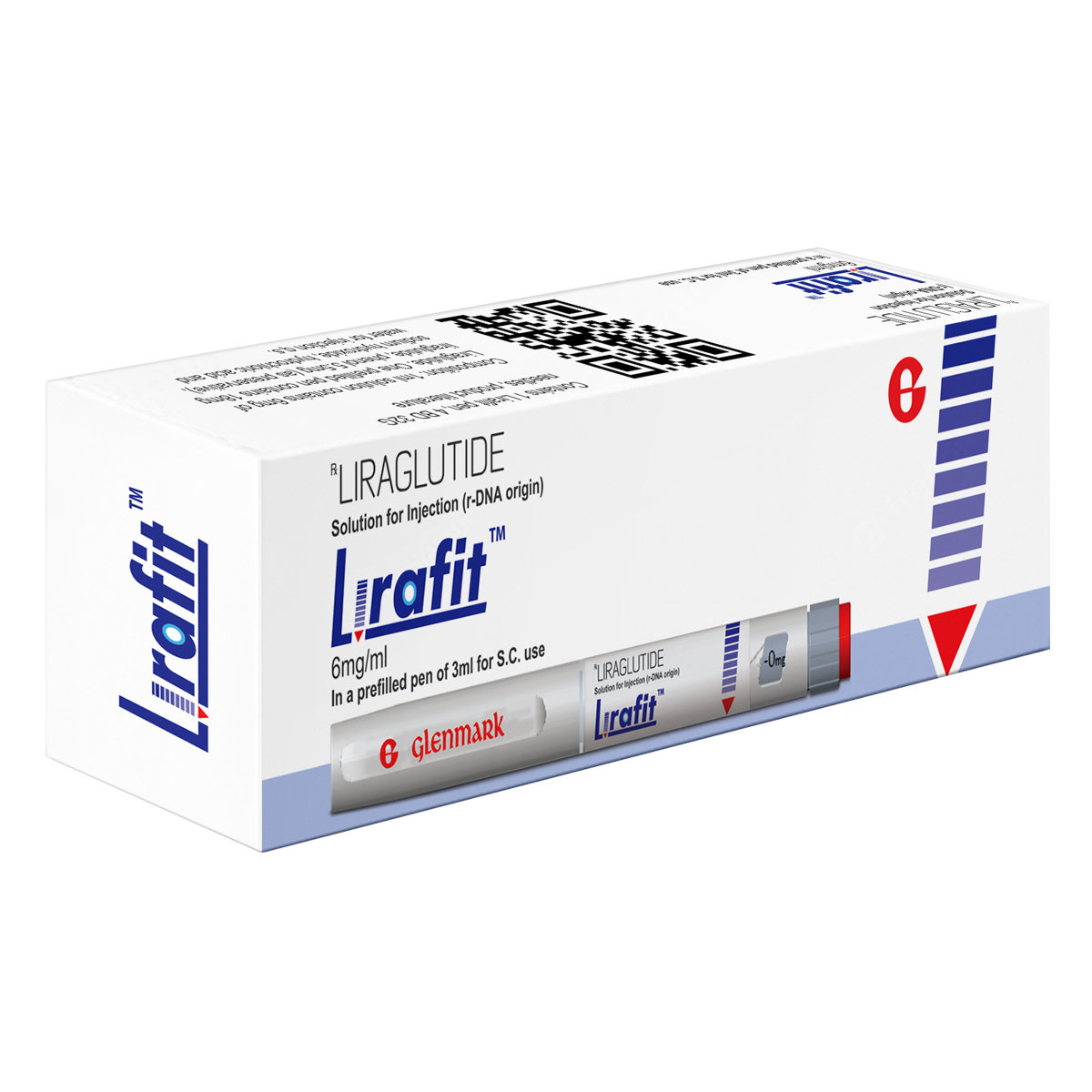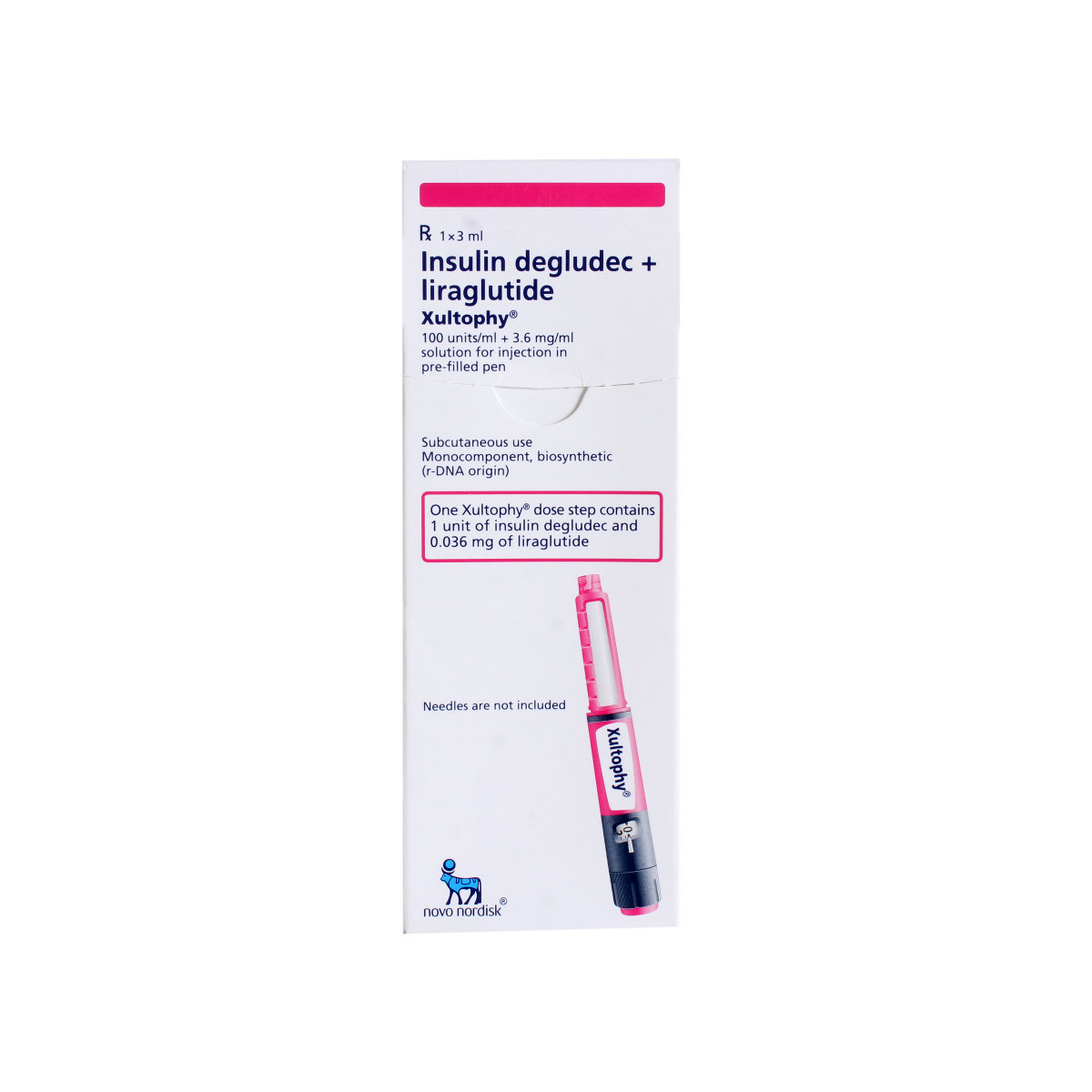Liraglutide
About Liraglutide
Liraglutide belongs to the class of anti-diabetic drugs, primarily used to treat type 2 diabetes mellitus in children above 10 years and adults. Liraglutide may also be used to aid in weight loss management.
Liraglutide contains Liraglutide, which works by increasing insulin release from the pancreas and decreasing the amount of sugar the liver makes. It also slows stomach emptying time, thereby decreasing appetite and promoting weight loss.
Some common side effects of Liraglutide include nausea, vomiting, diarrhoea, decreased appetite, stomach upset, constipation, headache, feeling tired, rash, and dizziness. If you notice any side effects that are not manageable, please consult your doctor.
Let your doctor know if you have any medical history of heart, kidney or liver diseases, pancreatitis (inflammation of the pancreas), and stomach disorders like gastroparesis (delayed gastric emptying). Pregnant and breastfeeding women should consult their doctor before starting Liraglutide.
Uses of Liraglutide
• Type 2 Diabetes Mellitus: Liraglutide is used to improve blood sugar control in adults and children aged 10 years and older with type 2 diabetes.
• Cardiovascular Risk Reduction: Liraglutide is used to reduce the risk of major cardiovascular events such as heart attack or stroke in adults with type 2 diabetes and established heart disease.
• Insulin Production Support: Liraglutide helps the body produce more insulin when blood sugar levels are high.
• Slows Digestion: Liraglutide slows gastric emptying, which helps prevent spikes in blood sugar after meals.
• Promotes weight loss: Liraglutide decreases appetite and promotes weight loss in an individual.
Medicinal Benefits
- Liraglutide contains Liraglutide, a recombinant DNA (rDNA) medication that belongs to the class of drugs known as GLP-1 receptor agonists. It is used in the management of type 2 diabetes mellitus.
- It helps lower blood sugar levels by mimicking the action of a natural hormone called Incretin, which stimulates insulin release from the pancreas in response to high blood glucose levels, especially after meals.
- It also reduces the amount of glucose produced by the liver and slows gastric emptying, helping to control appetite and post-meal sugar spikes.
- Promotes appetite suppression and reduces calorie intake.
- Slows digestion for prolonged fullness.
- Supports sustained weight loss and metabolic health.
Directions for Use
- Administer Liraglutide with or without food as advised by the doctor. Use it at around the same time every day.
- Follow your doctor's instructions regarding the dosage and duration of treatment.
- Check the label for directions and use it as advised by the doctor. Liraglutide should be injected subcutaneously (under the skin) on your thigh, stomach, or upper arm.
- Rotate the injection site each time.
- Do not reuse needles or share needles or injection pens with others. Always detach and dispose of the needle immediately after administering your dose.
Storage
Side Effects of Liraglutide
- Nausea
- Vomiting
- Diarrhoea
- Decreased appetite
- Stomach upset
- Constipation
- Headache
- Feeling tired
- Rash
- Dizziness
Drug Warnings
- Brief your medical history if you have any heart, kidney or liver diseases, pancreatitis (inflammation of the pancreas), stomach disorders like gastroparesis (delayed gastric emptying), high cholesterol levels, gallbladder problems, and depression before starting Liraglutide.
- Liraglutide is contraindicated in patients with multiple endocrine neoplasia type 2 (tumours in thyroid and parathyroid glands) and personal or family history of thyroid cancer.
- Do not concurrently use Liraglutide with prandial insulin (mealtime insulin). If you are also using insulin, take Liraglutide and insulin injections separately. Please do not mix them. You can inject both injections in the same body region, but the injection sites should not be next to each other.
- Do not share an injection pen, cartridge, or syringe with another person, even if the needle is changed.
- It is advised to limit your alcohol intake while using Liraglutide to avoid low blood sugar levels further.
- Pregnant and breastfeeding women should consult their doctor before starting this medication.
- Liraglutide is advised to be only used in children above ten years of age and adults.
- Let your doctor know if you are taking any other medicines.
Drug Interactions
Drug-Drug Interaction: Liraglutide may interact with other anti-diabetic medicines (insulin glargine, insulin degludec), hormones (levothyroxine), corticosteroids (prednisone), psychiatric medicines (olanzapine), antibiotics (ciprofloxacin), high blood pressure medicines (propranolol, metoprolol), and glaucoma eye drops (timolol).
Drug-Food Interaction: Limit alcohol intake since it affects blood sugar levels. Avoid fatty foods and include healthy carbohydrates in your diet.
Drug-Disease Interaction: Tell your doctor before taking Liraglutide if you have a medical history of allergic reactions to medicines, heart, kidney or liver diseases, pancreatitis (inflammation of the pancreas), stomach disorders like gastroparesis (delayed gastric emptying), high cholesterol levels, gallbladder problems, and depression. Liraglutide is contraindicated in patients with multiple endocrine neoplasia type 2 (tumours in thyroid and parathyroid glands) and personal or family history of thyroid cancer.
Drug-Drug Interactions Checker List:
Safety Advice

Alcohol
cautionIt is advised to limit alcohol intake since it may worsen the side effects and increase the risk of developing low blood sugar levels.

Pregnancy
cautionAnimal studies of Liraglutide showed harmful effects on the foetus. It is advised to use Liraglutide in pregnancy only if the benefit outweighs the risk. Please consult your doctor before starting Liraglutide if you are pregnant or planning to conceive.

Breast Feeding
cautionThere is no sufficient data on how Liraglutide affects breastfeeding. It is safe to seek medical advice before you start Liraglutide if you are lactating.

Driving
cautionYour driving may be affected if your blood sugar levels are too high or too low. Do not drive or operate machinery if you also experience blurred vision, dizziness or drowsiness due to extremely low or high blood sugar.

Liver
cautionLet your doctor know if you have any history of liver disease or hepatic impairment when prescribed Liraglutide.

Kidney
cautionLet your doctor know if you have any history of kidney disease when you are prescribed Liraglutide.

Children
cautionLiraglutide is advised to be only used in children above 10 years of age. Your doctor may provide further information on the dosage for your child.
Habit Forming
Diet & Lifestyle Advise
- Maintain a fibre-rich diet and include healthy carbohydrates from fruits, vegetables and whole grains to maintain your blood glucose levels.
- Eat at regular intervals.
- Keep a check on your weight and exercise regularly to keep your heart healthy.
- Your doctor also guides you on noticing and managing the early symptoms of high/low blood sugar levels.
- Gastrointestinal side effects can be managed with simple modifications in your lifestyle. These include cutting down on sugars and fatty foods, avoiding carbonated drinks and foods that cause gas.
Special Advise
- Liraglutide may increase the risk of developing thyroid gland tumours, including medullary thyroid carcinoma (MTC - a type of thyroid cancer).
- Never reuse insulin needles and never share needles or insulin pens.
Patients Concern
Disease/Condition Glossary
Diabetes mellitus: It is also known as adult-onset diabetes, a metabolic disease that causes high blood sugar levels. It is a type 2 diabetes and occurs when the insulin (a hormone produced by the beta cells of the pancreas) is resistant in breaking down glucose to produce energy (insulin resistance) or the pancreas (an organ behind the stomach) produces little or no insulin at all. This disease mostly occurs in people aged above 40 years, but can also occur in childhood, based on the risk factors. The treatment includes oral glucose-lowering medicines and insulin shots.
Obesity and Overweight: A chronic medical condition where excessive fat accumulation increases the risk of serious health problems such as diabetes, high blood pressure, heart disease, and stroke. Managing body weight reduces these risks and improves quality of life.
FAQs
Liraglutide is used to treat type 2 diabetes mellitus.
Liraglutide contains Liraglutide, which increases the insulin release from the pancreas after meals when your body has high blood glucose levels. Thus, Liraglutide helps in lowering the blood sugar levels in type 2 diabetes mellitus.
Liraglutide may cause low blood sugar levels (hypoglycaemia) and can make you hungry, dizzy, irritable, confused, anxious, or shaky. Hence, it is advised to take Liraglutide with a meal. To immediately treat hypoglycaemia, it is advised to eat or drink fast-acting sugar sources like fruit juices, hard candy, raisins, or non-diet soda.
Your doctor may advise Liraglutide with or without other medications to control your blood sugar levels. However, it is advised to avoid the simultaneous use of Liraglutide with prandial insulin (mealtime insulin). If you are also using insulin, take Liraglutide and insulin injections separately. Please do not mix them. You can inject both injections in the same body region, but the injection sites should not be next to each other.
Liraglutide should be used with caution in heart, kidney or liver diseases, pancreatitis (inflammation of the pancreas), stomach disorders like gastroparesis (delayed gastric emptying), high cholesterol levels, gallbladder problems, and depression. Liraglutide is contraindicated in patients with multiple endocrine neoplasia type 2 (tumours in thyroid and parathyroid glands) and personal or family history of thyroid cancer.
Take the missed dose as soon as possible. However, if it is time for the next dose, skip the missed dose and go back to your regular dosing schedule. Do not double the dose.
Store the unused Liraglutide pen in a refrigerator at 2°C to 8°C. After its initial use, store Liraglutide at room temperature of 15°C to 30°C or in the refrigerator and use within 30 days. Do not freeze Liraglutide. Do not use Liraglutide if it is frozen.
It doesn't matter whether you take Co-codamol in the morning or at night as long as you take it at the same time every day. No specific time is better for everyone, so choose the time that works best with your routine. The key is maintaining consistency so your body gets the proper medication daily.
Before injecting Liraglutide, several things need to be checked. Your healthcare provider will assess whether you have any allergies to its components or a history of thyroid problems, pancreatitis (inflammation of the pancreas), depression, or any heart, kidney, or liver diseases. They may also check your blood sugar levels and confirm that you are not pregnant. It is important to discuss any other health conditions or medications you are currently taking with your doctor.
To inject Liraglutide, you should first wash your hands. Next, prepare the pen by attaching a new needle. Choose an injection site on your thigh, abdomen, or upper arm, and clean the area with an alcohol swab. Pinch the skin, insert the needle at a 90-degree angle, and then press the injection button to administer the dose. Finally, dispose of the needle properly. Always follow your healthcare provider’s instructions for the correct dose and technique.
Besides treating type 2 diabetes mellitus, Liraglutide can also be used to manage obesity. It helps with weight loss by delaying stomach emptying time and reducing appetite. Your doctor will determine the appropriate use based on your health needs.
You should know that Liraglutide is a medication used to manage type 2 diabetes and assist with weight loss. To ensure its safe and effective use, you must follow your doctor’s instructions carefully, including the recommended dosage and timing. Monitoring your blood sugar regularly and keeping it within a healthy range is crucial. Your doctor may adjust the dosage as needed. Be aware of potential side effects, such as low blood sugar, sudden changes in mood or behaviour, or thyroid problems. Drink plenty of water, as this medication may cause dehydration. Contact your doctor immediately if you experience excessive thirst, frequent urination, or fatigue. Inform your doctor if you have a history of liver, kidney, or heart problems. Also, inform your doctor about any other medications you are taking, including supplements and herbal products, to avoid possible interactions.
The common side effects of Liraglutide include nausea, vomiting, diarrhoea, decreased appetite, stomach upset, constipation, headache, fatigue, rash, and dizziness. These side effects are usually temporary, and not everyone will experience them. In most cases, they resolve on their own without the need for medical treatment. However, if you experience any side effects that are bothersome or persistent, it is advisable to consult your doctor for further advice and management.
Yes, Liraglutide may help manage weight loss. However, it should be used for weight loss only if advised by your doctor.
Liraglutide targets brain appetite centres and digestive pathways to reduce food intake and promote fat loss. It works by enhancing insulin secretion, suppressing appetite, and slowing gastric emptying, helping you feel full for longer and consume fewer calories.







